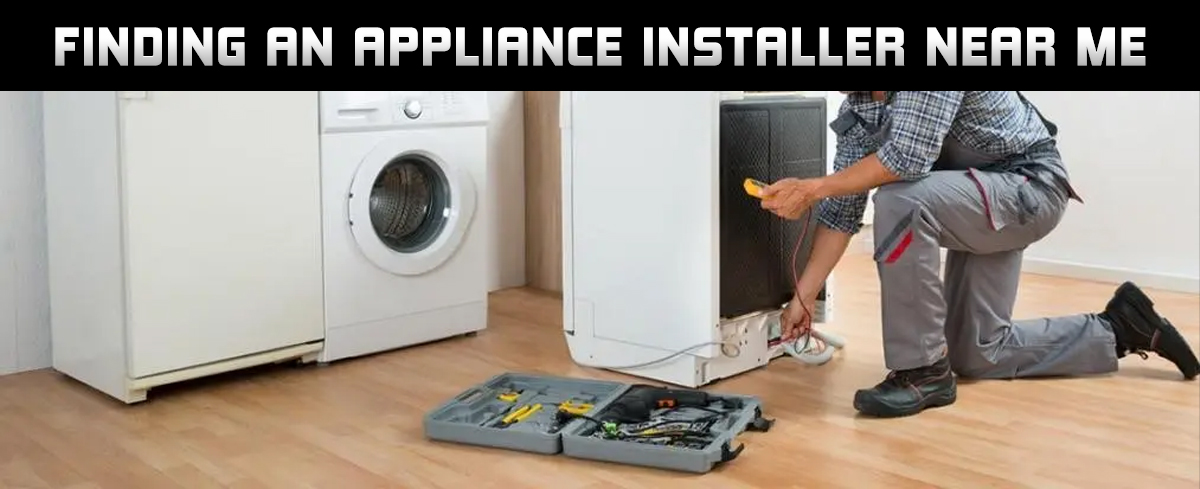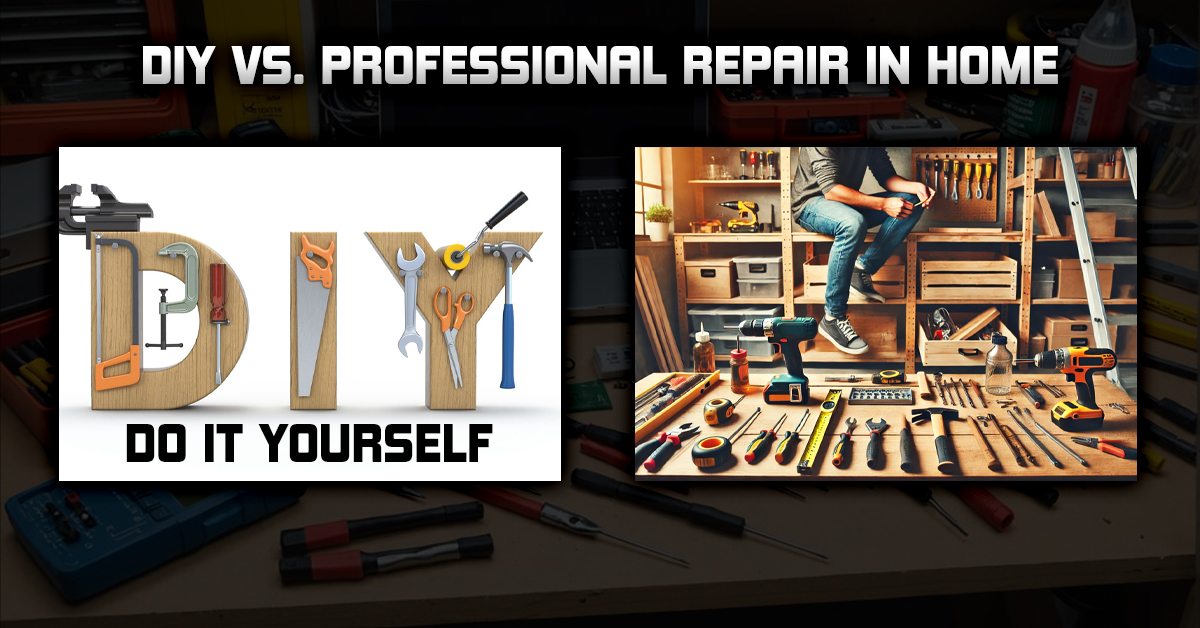Understanding Appliance Installation
Why Proper Appliance Installation Matters
Finding the right installer for your major appliances is essential to ensure safe and efficient operation. Appliances like refrigerators, ovens, and HVAC systems require proper setup. Hiring an installer with specific expertise can prevent future issues.

Who Should You Hire?
Appliance installers specialize in setting up machines like dishwashers, ovens, or HVAC systems. They ensure proper connections and functionality. While some general handymen offer installation services, complex jobs often require specialized expertise.
Understanding Installation Costs
Costs for appliance installation vary depending on the type of appliance and location. Typical rates include:
- Basic installation: Around $125
- Simple jobs: Starting at $65
- Complex tasks: Can exceed $326
HVAC systems or other specialized appliances may require installers with advanced training, which can impact pricing.
Steps to Hire the Right Installer
- List the Appliances: Begin by identifying the appliances that need installation.
- Research Installers: Use platforms like Yelp, Angi, or HomeAdvisor to find recommendations.
- Check Reviews: Read past client feedback and ratings to ensure reliability.
Following these steps can help you find a professional who meets your needs and provides quality service.
Choosing the Right Installer
Finding the best appliance installer requires attention to important details like their qualifications and past work. Customer feedback can also offer valuable insights into their reliability and service quality.
Certifications and Experience
Check if the installer has relevant certifications, which can show their expertise in dealing with different appliances. Certifications often indicate that the person has been trained to handle installations safely and effectively. For example, if you need help with refrigerator repair, an installer with specific training for refrigeration units is preferable.
Experience is another key factor. Look for someone with a strong track record of appliance installation or repair to ensure they can handle any challenges your project may present. Years of experience can often enhance skill, making such installers a reliable choice. Experienced professionals are usually well-versed in safety codes and best practices.
Customer Reviews and Testimonials
Customer reviews provide insight into an installer’s reputation. Checking platforms like Yelp or Angi can help you understand others’ experiences with the installation services. Positive reviews may suggest timely service and professional behavior, which are crucial for a successful job.
Pay attention to detailed feedback that mentions punctuality, cleanliness, and problem-solving skills. A highly rated installer is often one who consistently meets or exceeds customer expectations. Verified testimonials on these platforms can help ensure that you choose someone who is both skilled and trustworthy, reducing the likelihood of any issues.
Preparation for Appliance Installation
Getting ready for installing a new appliance involves careful planning. It’s important to measure your space and know what power and utility needs you’ll have.
Measuring Your Space
Before buying any major appliance like a refrigerator, washer, or dryer, measure the space where it will go. Check the height, width, and depth so the appliance can fit and move easily. It’s crucial to include some extra space around the appliance for ventilation. Don’t forget to check the doorways and paths leading to the installation area to ensure there’s enough room to move the appliance through your home.
Understanding Power and Utility Requirements
Major appliances usually need specific power and utility setups. For example, washers need water supply lines, while dryers might need a gas or specific electrical outlet. Double-check the power requirements of new appliances, such as voltage and plug types, to match the setup in your home. This makes sure everything runs properly and safely once the appliance is installed. If you need to change any wiring or plumbing, it might be wise to hire a professional to handle these modifications.
Installation Process
When installing new appliances, such as dishwashers or laundry machines, understanding the steps involved is vital. This includes unboxing and inspecting your device, the actual installation and setup, and finally, ensuring safety checks and compliance with guidelines.
Unboxing and Inspection
Before installation, unbox the appliance and inspect it for any visible signs of damage. Delivery services, like those for large washers or dishwashers, may leave appliances in their original packaging, so careful unboxing is crucial. Check for dents, scratches, or loose parts.
Next, compare the contents with the provided manual or packing list. Ensure all additional components, such as hoses or brackets, are present. Reporting missing or damaged items quickly can resolve issues promptly.
This initial step ensures that the appliance is in perfect condition before starting the installation.
Installation and Setup
Begin with placing the appliance in its intended location. Make sure there is ample space for ventilation and easy access to hookups. For washing machines, ensure they are level to prevent vibration during use.
If you are unsure about the setup process, hiring a professional installer or handyman might be beneficial. They have the tools and expertise needed for proper installation. Align all connections carefully and avoid over-tightening hoses to prevent leaks.
Following the manufacturer’s setup instructions ensures that the appliance operates correctly and efficiently.
Safety Checks and Guidelines
Once installed, conduct safety checks. Verify that water supply lines are secure and not leaking. For electrical appliances, double-check connections and outlets for consistency with the appliance’s power requirements.
Ensure compliance with all local safety guidelines and building codes. Check that washing machines and dishwashers remain stable and securely connected during operation. If you smell gas or notice electrical problems, contact a professional immediately.
Regular maintenance and safety checks prolong the life of your appliances and ensure optimal performance.
Post-Installation
After installing your new appliance, there are a few steps to make sure it’s working well and lasts a long time. Testing and maintaining your appliance can help avoid future problems.
Testing Your Appliance
Once your appliance is installed, it’s important to test it right away. Start by turning it on and checking all functions. For a refrigerator, make sure it reaches the right temperature by using a thermometer. Listen for any strange noises that could mean installation problems.
A washer should fill, agitate, spin, and drain water properly. Watch for leaks and make sure the machine is balanced. If it’s a dishwasher, load it with dishes and run a complete cycle, checking for leaks and proper operation.
If you notice anything wrong, contact the installer for help. Quick action can prevent bigger issues later.
Maintenance Tips
Regular maintenance ensures that your appliance stays in peak condition. For refrigerators, clean coils and check door seals for leaks. Dust buildup can make it less efficient, so be sure to clean around it.
Washers and dryers need lint filters cleaned often. For detergents, use the recommended amount to avoid buildup. Dishwashers benefit from periodic cleaning to remove food particles and detergent residue.
It’s also a good idea to schedule regular checks with appliance repair professionals. They can help spot problems early, saving you money on bigger repairs down the line. Regular care and attention will keep your appliances running smoothly for years.
Frequently Asked Questions
How can I get a free estimate for appliance installation?
You can often get a free estimate by contacting local appliance installers directly. Many businesses, such as those listed on platforms like Yelp or the Better Business Bureau, offer free estimates to help you understand potential costs before hiring them.
What factors determine the pricing for appliance installation?
Pricing depends on several factors, including the type of appliance, its complexity, and any additional services required. For instance:
- Installing simple appliances is usually less expensive than more complex ones like washing machines.
- Additional plumbing or electrical work can increase the overall cost.
What services do independent appliance installers typically offer?
Independent installers usually offer:
- Appliance setup
- Plumbing and electrical connection installation
- Disposal of old appliances
- Maintenance and repair services, if required
How do I choose the best installer for my appliance needs?
To find the best installer:
- Read customer reviews and ratings on platforms like Yelp or Thumbtack.
- Look for professionals with good reputations, appropriate licensing, and experience with your specific appliance type.
What does a professional appliance installation entail?
A professional installation includes:
- Connecting the appliance to utilities like water and electricity
- Ensuring the appliance operates correctly and safely
- Providing advice on appliance use and maintenance
What should I expect when it comes to appliance haul away services during installation?
Some installers offer haul-away services, removing and disposing of your old appliance for an additional fee or sometimes for free. This service ensures your old unit is removed safely and properly, making it a convenient option.



